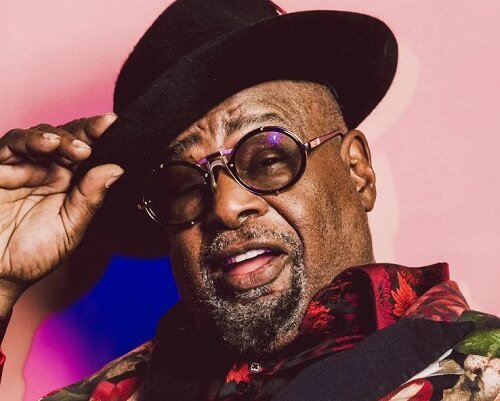In this article, here is the full details of George Clinton about wiki, biography, date of birth, birthplace, zodiac sign, nationality, hometown, age, height, weight, father, mother, family, girlfriend, wife, relationship status, children, profession, education, career, net worth, facts, Wikipedia, and many more.

Wiki/Biography:-
| Name | George Edward Clinton |
| Nick Name | George Clinton |
| Date of Birth | 22 July 1941 |
| Age | 80 Years(in 2021) |
| Birth Place | Kannapolis, North Carolina, United States |
| Gender | Male |
| Zodiac Sign | Cancer |
| Religion | Christian |
| Nationality | American |
| Sexual Orientation | Straight |
| Hometown | United States |
Net Worth:-
| Profession | Singer Song writer Bandleader Record producer |
| Net Worth | $2 Million |
Physical Appearance:-
| Height | 5 feet 8 inches |
| Weight | 85 kg |
| Eye Color | Black |
| Hair Color | White |
Education:-
| School | The Hill School |
| College | Not Known |
| Qualification | Graduate |
Family Background:-
| Father Name | George Clinton |
| Mother Name | Julious G. Keaton |
| Siblings | Not Known |
Relationships:-
| Girlfriend | Not Known |
| Wife Name | Stephanie Lynn Clinton |
| Marital Status | Married |
| Children Name | George Clinton Jr. |
Stay connected with the wikimavani to know more about other trending personalities the wiki, biography, date of birth, birthplace, zodiac sign, nationality, hometown, age, height, weight, father, mother, family, boyfriend, husband, girlfriend, wife, relationship status, children, profession, education, career, net worth, facts, Wikipedia, and many more.









